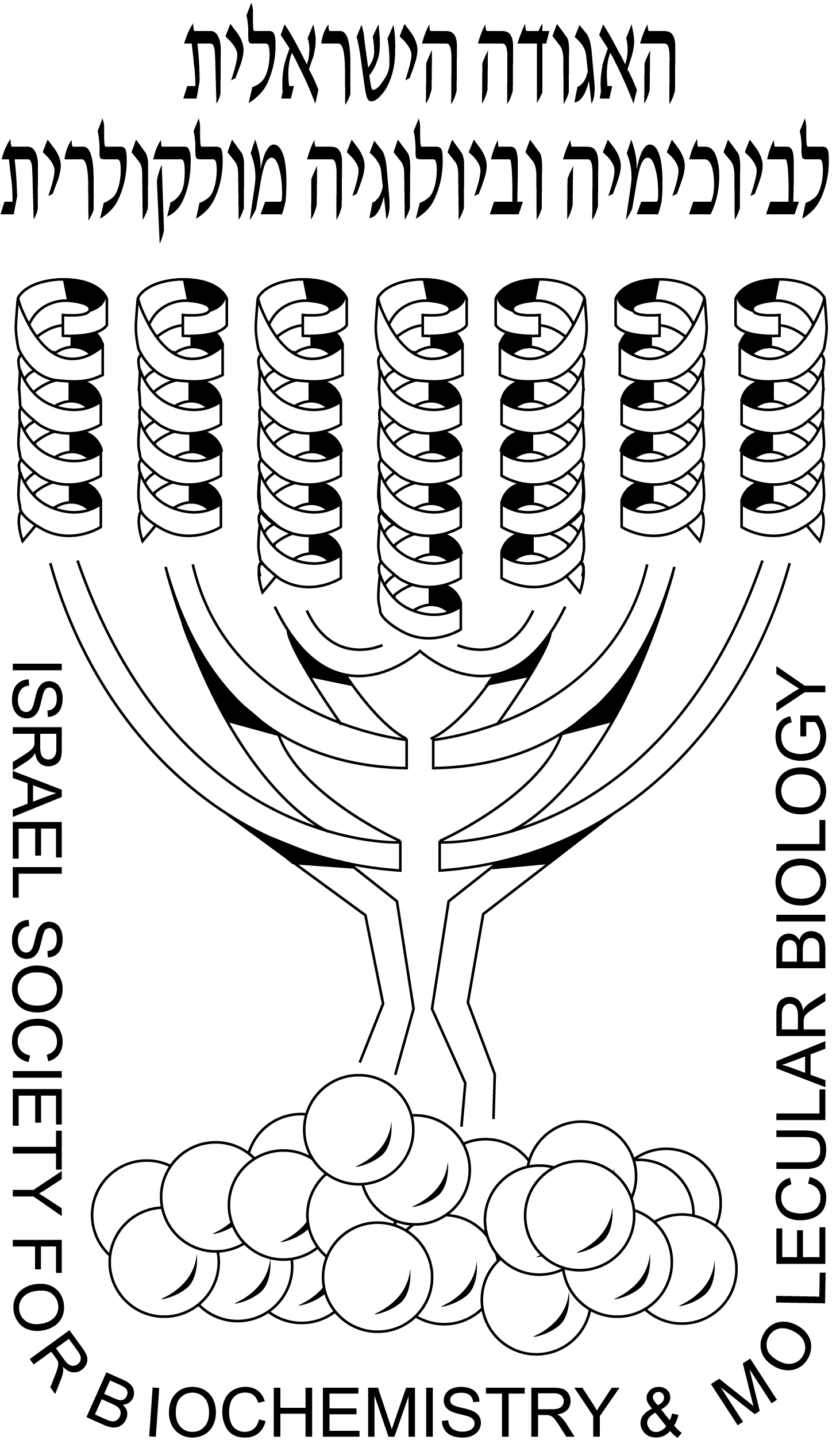The goals of the society
- Promoting research and teaching in the fields of Biochemistry, Molecular Biology, Biophysics, Biotechnology, and Molecular Genetics.
- Establishing professional interactions and exchange of information in the above fields, between scientists in Israel and abroad.
- Holding conferences, meetings, workshops and seminars, and exchange of information in these fields.
- Awarding scholarships, prizes and support to scientists, researchers, teachers and students in Israel and Israelis abroad in the fields of Biochemistry and Molecular Biology.
Strengthening the connection between academia, medicine and industry in the above fields
